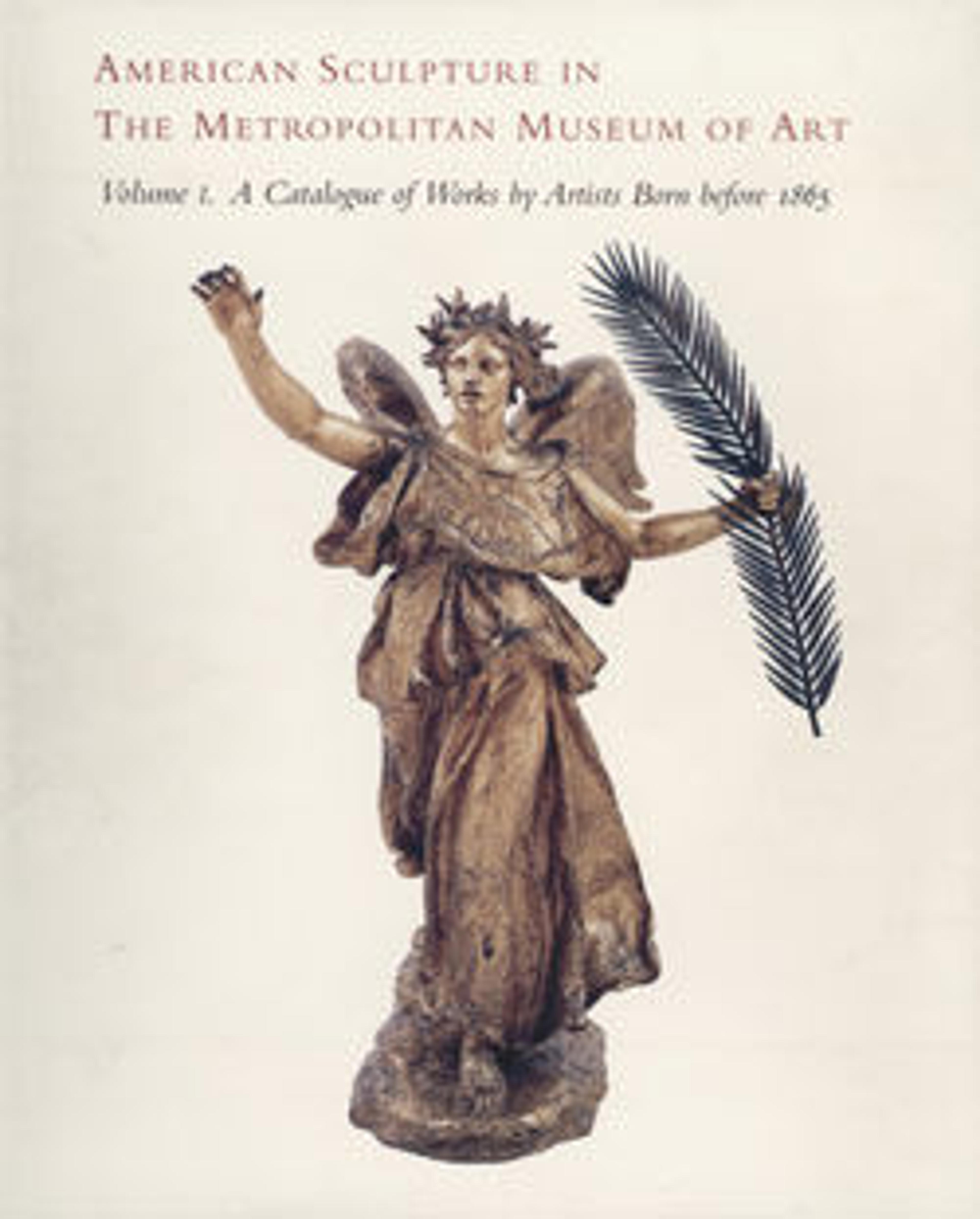Tomb Effigy of Elizabeth Boott Duveneck
After the death of Elizabeth Boott Duveneck (1846– 1888), her bereaved husband, the painter Frank Duveneck, modeled a funerary monument with the guidance of the Cincinnati sculptor Clement J. Barnhorn. Reminiscent of Gothic and Renaissance gisant (recumbent) tomb effigies, the figure reclines peacefully, arms folded over her chest. The palm branch stretching nearly the entire length of her body symbolizes Christian victory over death and suggests that her sleep is not eternal, but temporary. The original bronze is on Elizabeth Duveneck’s grave in the Cimitero Evangelico degli Allori, the Protestant cemetery on the outskirts of Florence.
Artwork Details
- Title: Tomb Effigy of Elizabeth Boott Duveneck
- Artist: Frank Duveneck (American, Covington, Kentucky 1848–1919 Cincinnati, Ohio)
- Founder: Cast by Gorham Manufacturing Company (American, Providence, Rhode Island, 1831–present)
- Date: 1891; cast 1927
- Culture: American
- Medium: Bronze and gold leaf
- Dimensions: 28 1/2 x 85 x 41 1/4 in. (72.4 x 215.9 x 104.8 cm)
- Credit Line: Rogers Fund, 1927
- Object Number: 27.64
- Curatorial Department: The American Wing
Audio
98. Tomb Effigy of Elizabeth Boott Duveneck, Part 1
Gallery 700
0:00
0:00
We're sorry, the transcript for this audio track is not available at this time. Please email info@metmuseum.org to request a transcript for this track.
Listen to more about this artwork
More Artwork
Research Resources
The Met provides unparalleled resources for research and welcomes an international community of students and scholars. The Met's Open Access API is where creators and researchers can connect to the The Met collection. Open Access data and public domain images are available for unrestricted commercial and noncommercial use without permission or fee.
To request images under copyright and other restrictions, please use this Image Request form.
Feedback
We continue to research and examine historical and cultural context for objects in The Met collection. If you have comments or questions about this object record, please contact us using the form below. The Museum looks forward to receiving your comments.
